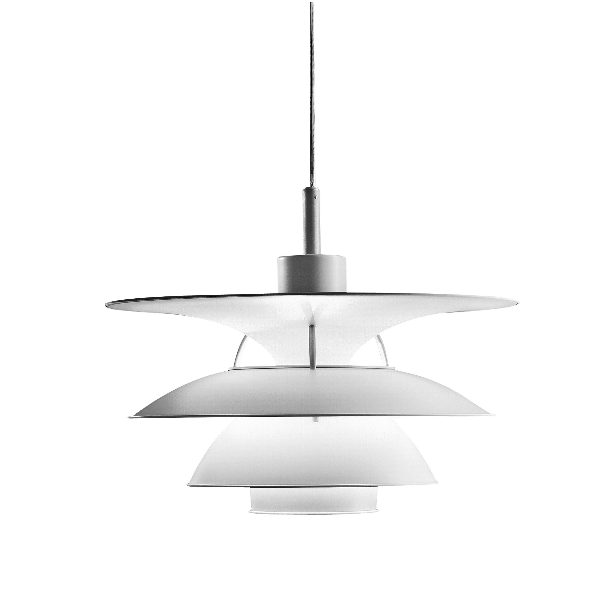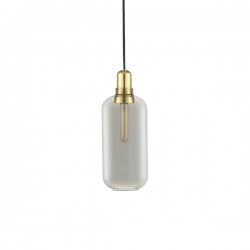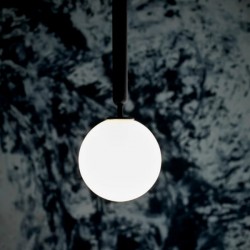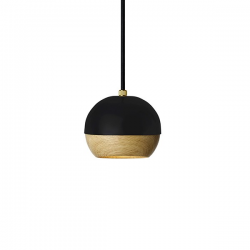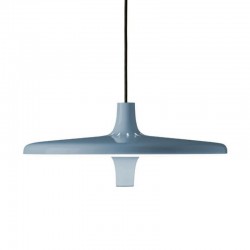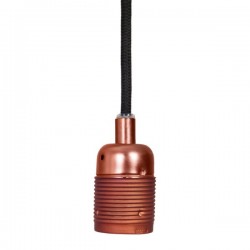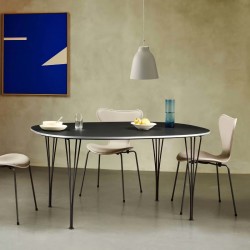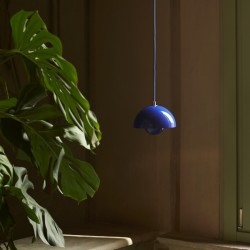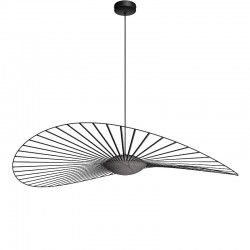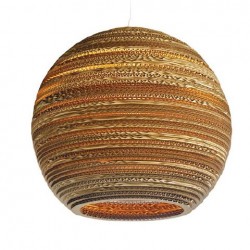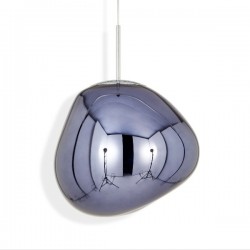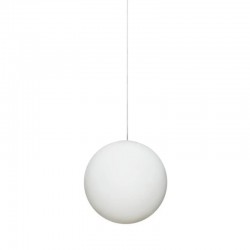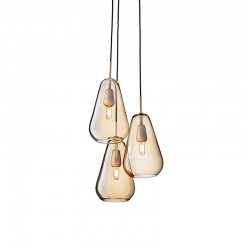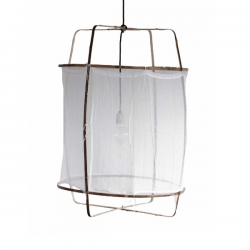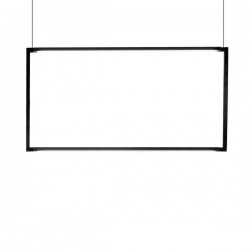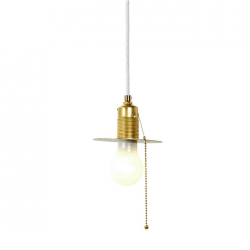Louis Poulsen PH 5-4½ Pendant Light
Design: Ebbe Christensen & Sophus Frandsen, Poul Henningsen
The trumpet-shaped top shade on the fixture provides illumination of the area above the three shades, which primarily direct the light downwards. A base reflector and a blue glare ring protect against glare from all angles. The strongest light is directly under the fixture. The shades have a matt white painted finish to ensure very comfortable lighting
Can't find it! We can supply all products from Louis Poulsen, If you know what you are looking for and it is not yet featured, please send us a request
- Specifications
Material:
Shades: Spun aluminium.
Anti-glare disc: Blue, spun aluminium.
Struts: Rolled aluMounting:
Suspension type: PH 5-4½: Cable 3 x 0,75mm² & Wire. Canopy: Yes. Cable length: 3m. PH 6½-6: Cable 2 x 0.75 mm2 and wire. Canopy or external driver box contains driver. Cable length: 4m. Maximum distance between external driver box and fixture: 20mClass:
Ingress protection IP20. Electric shock protection I w. groundKindly note that this product is CE-approved only and should only be used in countries that follow and accept this standard. If it is used elsewhere it will be at the customer's sole risk, responsibility and liability.
- Size Description
Height: 31,8cm
Diameter: 46,6cm
Cable Length: 300cm
Diameter Diffuser: 47cm
-
Poul Henningsen
Poul Henningsen was born in Copenhagen by the famous Danish actress Agnes Henningsen. He never graduated as an architect, but studied at The Technical School at Frederiksberg, Denmark from 1911-14, and then at Technical College in Copenhagen from 1914-17. He started practicing traditional functionalistic architecture, but over the years his professional interests changed to focus mainly on lighting which is what he is most famous for. He also expanded his field of occupation into areas of writing, becoming a journalist and an author. For a short period at the beginning of WWII, he was the head architect of the Tivoli Gardens in Copenhagen. But like many other creative people, he was forced to flee Denmark during the German occupation but soon became a vital part of the Danish colony of artists living in Sweden.
Related products
Nuura Miira 1 Pendant Lamp
Mater Ray Pendant Lamp
Martinelli Luce Avro Suspension Lamp
Frama E27 Pendant Copper
Fritz Hansen Caravaggio Pendant
&Tradition Flowerpot Pendant VP10
Petite Friture Suspension Lamp Vertigo Nova Large
Graypants Moon Lamp Scraplights
Tom Dixon Melt Pendant Mini Led
Design House Stockholm Luna Lamp
Nuura Anoli 3 Pendant Lamp
Ay Illuminate Z5 Black Bamboo Cotton Cover
Nemo Spigolo Vertical Pendant Light
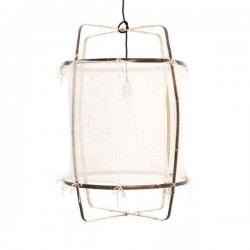


 EUR
EUR


